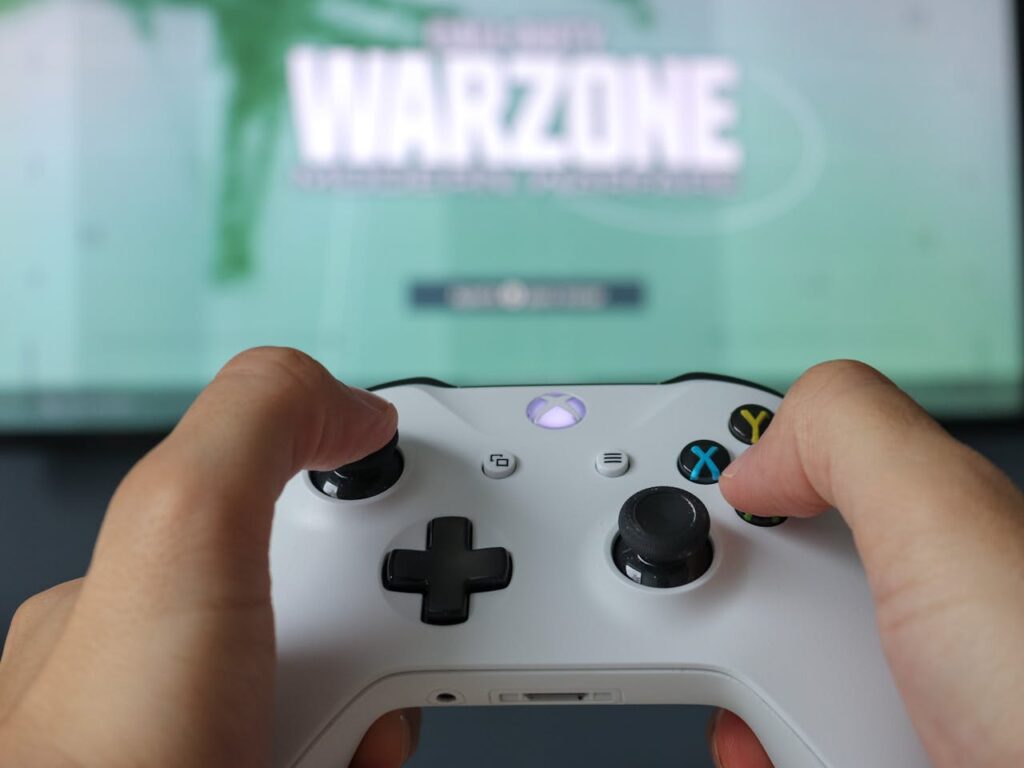While large video game studios often have extensive budgets and established PR teams to promote their games, indie game developers face unique challenges in getting their titles noticed. With limited resources and a crowded marketplace, indie developers must be strategic in how they approach public relations to stand out and reach potential players.
In this article, we’ll explore the key strategies that indie game developers can use to maximize their public relations efforts, gain visibility, and connect with their target audience.
1. Building Relationships with Gaming Journalists
One of the most important aspects of video game public relations is building strong relationships with gaming journalists and media outlets. For indie developers, securing coverage in the right media outlets can dramatically increase visibility and drive interest in a game.
To start, indie developers should identify journalists and media outlets that focus on indie games or the specific genre of their title. Whether it’s a gaming blog, YouTube channel, or a major publication like Kotaku or Polygon, reaching out with personalized pitches can help developers get their game featured in previews, reviews, or interviews.
It’s important to provide journalists with early access to the game, along with a detailed press kit that includes screenshots, trailers, and background information about the game and its development. A well-prepared press kit makes it easier for journalists to write about the game, increasing the chances of gaining coverage.
2. Leveraging Social Media for Direct Engagement
Social media is an invaluable tool for indie developers looking to build buzz around their games. Platforms like Twitter, Instagram, and Reddit allow developers to engage directly with their audience, share updates, and create excitement leading up to a game’s release.
Developers can use social media to post behind-the-scenes content, such as development progress, character designs, or gameplay teasers. This not only builds anticipation but also helps foster a sense of community around the game. Indie game fans appreciate transparency and enjoy feeling like they’re part of the development journey, so regular, authentic communication can go a long way in building loyalty.
Additionally, platforms like Reddit, particularly the subreddit r/games or r/IndieDev, provide a space for indie developers to share their projects with a highly engaged audience. However, it’s important to be mindful of the platform’s rules and avoid overly promotional content. Instead, focus on sharing genuine insights and progress updates.
3. Participating in Indie Game Events and Showcases
Indie game showcases, both physical and digital, are excellent opportunities for developers to gain exposure and connect with their audience. Events like PAX, IndieCade, and the Steam Next Fest offer platforms for indie developers to showcase their games to media, influencers, and potential players.
These events provide valuable PR opportunities, as journalists often cover new and upcoming games showcased at such festivals. For developers who cannot attend physical events, many digital showcases now exist that offer similar exposure. These events allow developers to submit demos or trailers that are featured to a global audience, often resulting in media coverage and increased interest in the game.
4. Creating a Compelling Game Trailer
A well-crafted game trailer is a powerful PR tool that can generate excitement and interest in an indie game. The trailer serves as a first impression for many potential players, so it’s crucial that it captures the essence of the game in a way that’s both visually appealing and emotionally engaging.
When creating a trailer, indie developers should focus on showcasing the unique elements of their game, whether it’s the art style, gameplay mechanics, or story. A strong opening can grab attention immediately, while a clear call-to-action at the end (such as “wishlist on Steam” or “follow for updates”) helps convert interest into tangible engagement.
Sharing the trailer on social media, YouTube, and through press outreach can help spread the word, driving more visibility for the game.
5. Working with Influencers and Streamers
Influencers and streamers have become an essential part of video game public relations, especially for indie developers. While large studios often work with top-tier influencers, indie developers can find success by collaborating with smaller, niche influencers who have a dedicated following of players interested in indie games.
By providing influencers with early access to the game or exclusive content, indie developers can encourage these creators to stream or review their game. This not only helps build awareness but also creates organic word-of-mouth marketing as viewers share their excitement for the game.
It’s important to target influencers who align with the game’s genre and style. For example, if a developer is creating a pixel art platformer, they should seek out influencers known for playing similar titles.
6. Managing Expectations and Communicating Transparently
One challenge indie developers often face is managing player expectations, especially when it comes to the scope of the game or the timeline for its release. PR efforts should focus on setting realistic expectations and communicating openly with the audience to avoid potential backlash.
Delays or changes in a game’s development cycle are common, and by being transparent about the reasons behind these changes, developers can maintain trust with their audience. Regular updates on social media, dev blogs, or newsletters can help keep players informed and engaged throughout the development process.
Conclusion
Public relations is a vital component of a successful game launch, especially for indie developers who may not have the same resources as larger studios. By building strong relationships with journalists, engaging with their audience on social media, participating in indie game showcases, and leveraging influencers, indie developers can increase their visibility and reach a wider audience.
For indie developers looking to optimize their PR efforts, partnering with a video game public relations agency can provide the strategic guidance and support needed to achieve long-term success in the competitive gaming industry.
